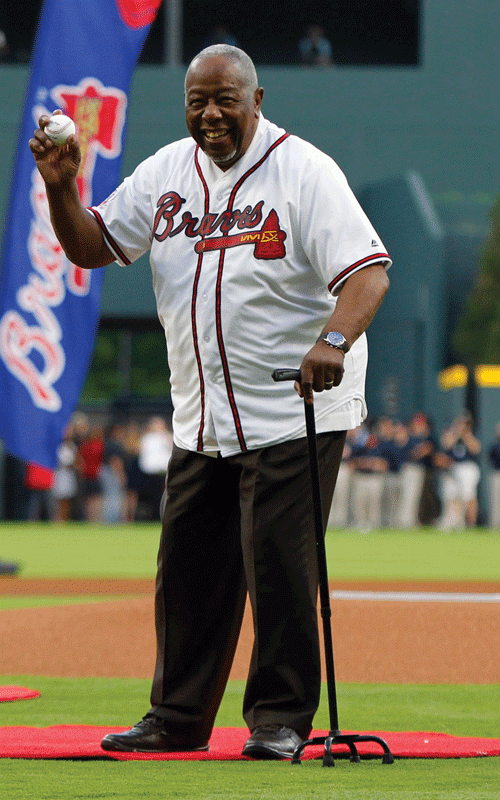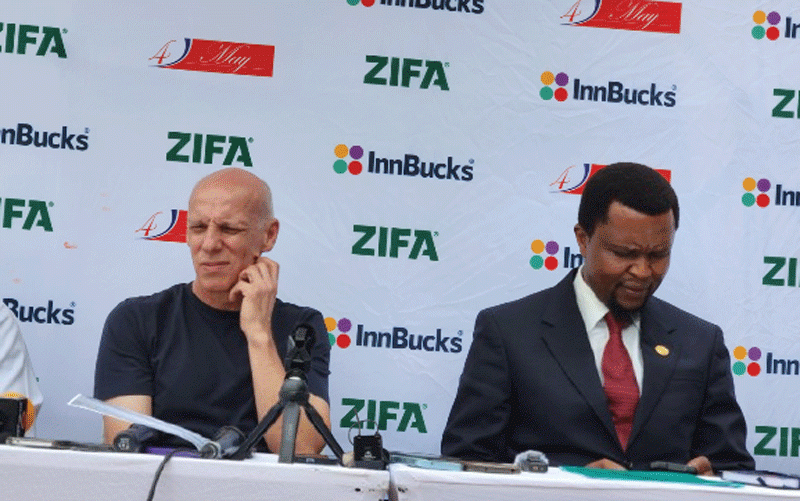
SOME say that a goldfish has a memory of three seconds. We are told that we must drink eight glasses of water a day. In sport, we are told that the quarterback in American football is the most important player; an athlete must specialize in the sport as early as possible or she will never be physically or psychologically successful; more training leads to better mental and physical performance. In truth, these are all myths. They are stories that may contain some elements of truth but are not true. As one writer has put it, myths are “between fairy stories and conspiracy theories”.
Ancient literature was made up a great deal of myths. As an example of the classic Greek mythologies, the ‘Iliad’ is an epic poem that tells the story of the ten-year Trojan War with special attention to the actions and exploits of such heroes as Achilles, Hector and Odysseus. Even today they tell powerful stories of battles and journeys with strong messages around the themes of honour and pride. Those were rough and tough days; battles and journeys requiring much effort and guts.
Interestingly, one sportsperson who is often described as “legendary”, Roger Federer, the recently retired tennis ‘great’, responded to a claim that many commentators made about him. People watched him play tennis in his cool, calm, composed, smooth, sublime manner, seemingly without any sweat, and felt that he showed little effort, but that frustrated him because, although it was intended as a compliment, it betrayed the huge amount of effort that was required to reach the top in his sport. He asserted strongly that “Effortless is a myth” at a university Graduation ceremony, adding that “The truth is, I had to work very hard to make it look easy.” We are mything, sorry, missing the point if we think that Federer was a great player without generating any real effort. We need to be clear however, where that effort was directed.
He placed a great deal of effort in controlling himself, to the point where he appeared to be operating effortlessly. He himself explained that “I had to work very hard to make it look easy. I spent years whining, swearing, sorry, throwing my racket before I learned to keep my cool”. The key there is in the last few words. He learned to keep his cool, to control his emotions, to stay calm in all situations. He was not always like that; he had to work hard to control his temper or emotions.
And there lies a huge lesson for the children we coach and support; they need to learn and practise, with a lot of effort and hard work, to control their emotions. Consequently, a massive part that a coach or parent plays is to help the child to do that. Children have not learned how to keep their cool because it has not been taught in practices. We are mything the point if we do not spend as much effort as Federer did in helping youngsters control their emotions. “Effortless is a myth.”
Furthermore, we as coaches and parents do not curtail the extravagant ridiculous celebrations that players have when they win a point or score a try or goal or take a wicket. That is simply what they are there to do and are expected to go and do it again. We over-celebrate what are only simply steps on the way to the greater goal; we over-react when something goes against us, be it a decision or a play, and it affects our emotions, instead of focussing on the next point. The players let their emotions go instead of controlling them in readiness for the next point. Of course, part of the problem is that coaches themselves, not to mention parents, cannot or do not control their own emotions. They expend huge amounts of wasted energy on the sidelines, shouting, screaming, pointing, ranting at play and decisions, instead of being in control of their emotions.
Federer also showed effort before a match or a tournament so that effort was not wasted during the match. He is quoted as saying that “I didn’t get where I got on pure talent alone. I got there by trying to outwork my opponents”. He put in the hard effort before the match, in planning and in training, so that what happened in the match appeared effortless. Simple!
Federer controlled what he could control; when will coaches learn to do that? Effortless? No way. Just effort used in the right way and at the right time to control the mind as much as the body. ‘F or T’ reads ‘effort’; F is for fortitude and T is for Talent. Both are needed. The real success is when they are hidden. Effortless is a myth. No conspiracy theory there; no fairy tale; no goldfish. True story.
- MYTHING THE POINT










